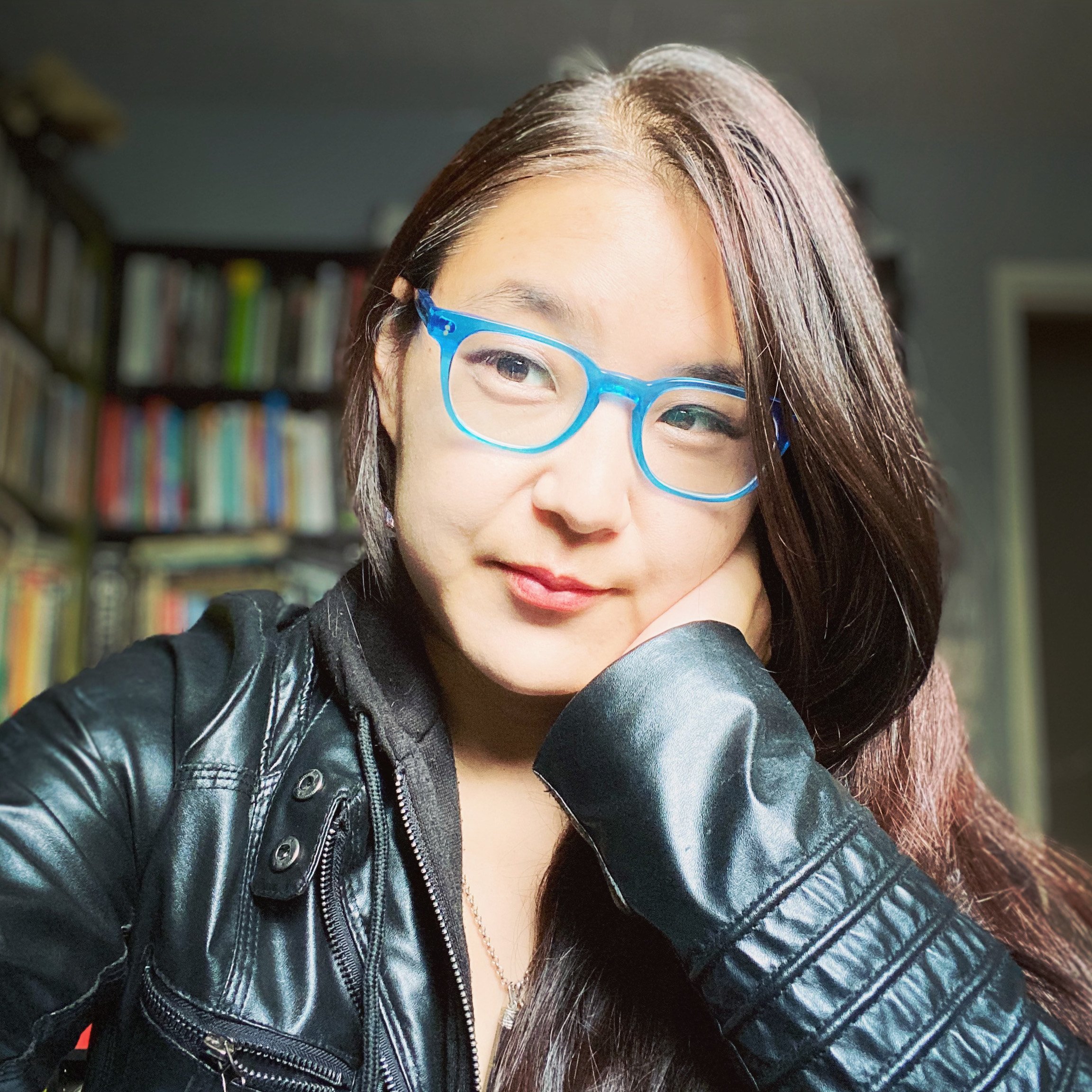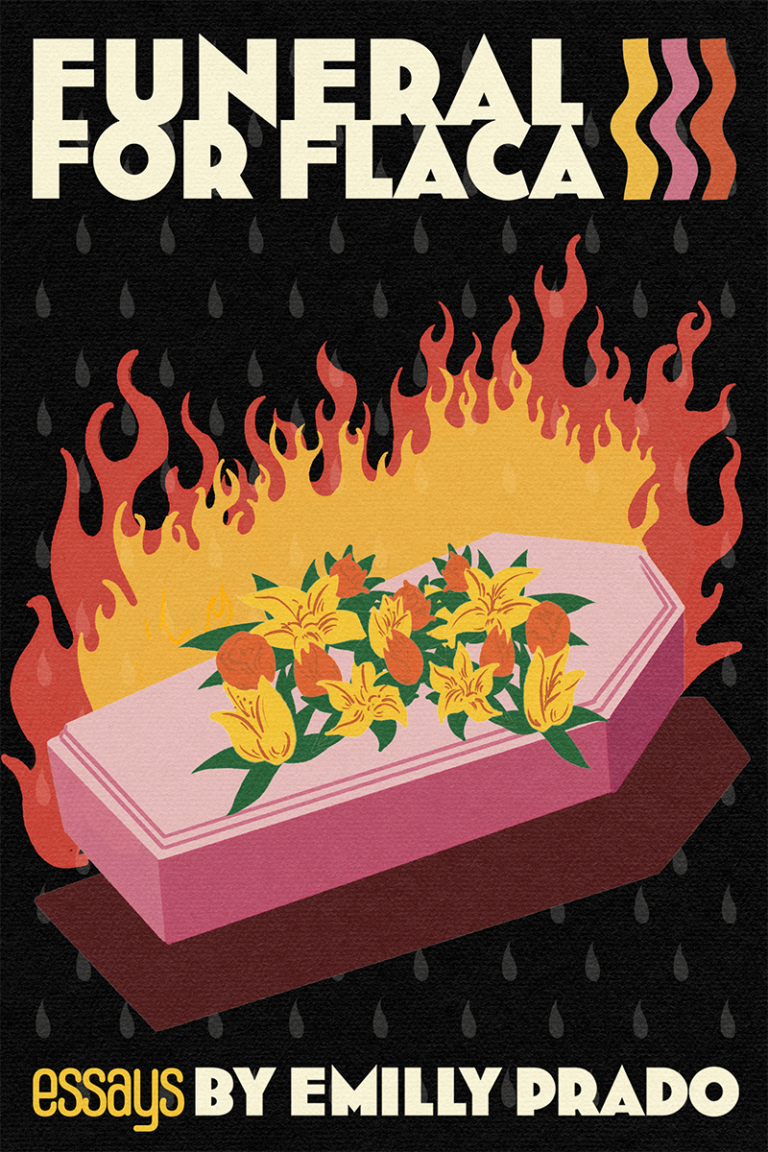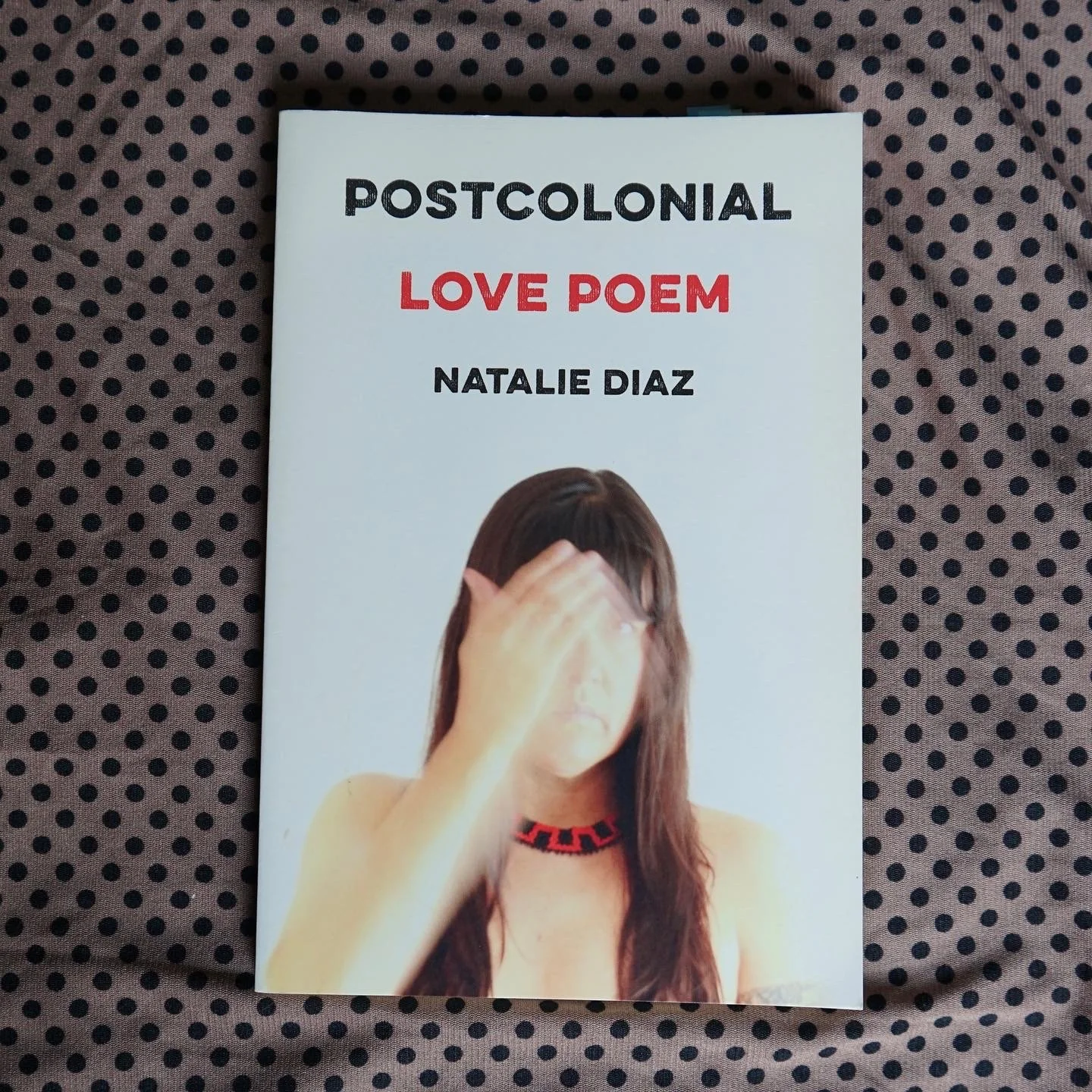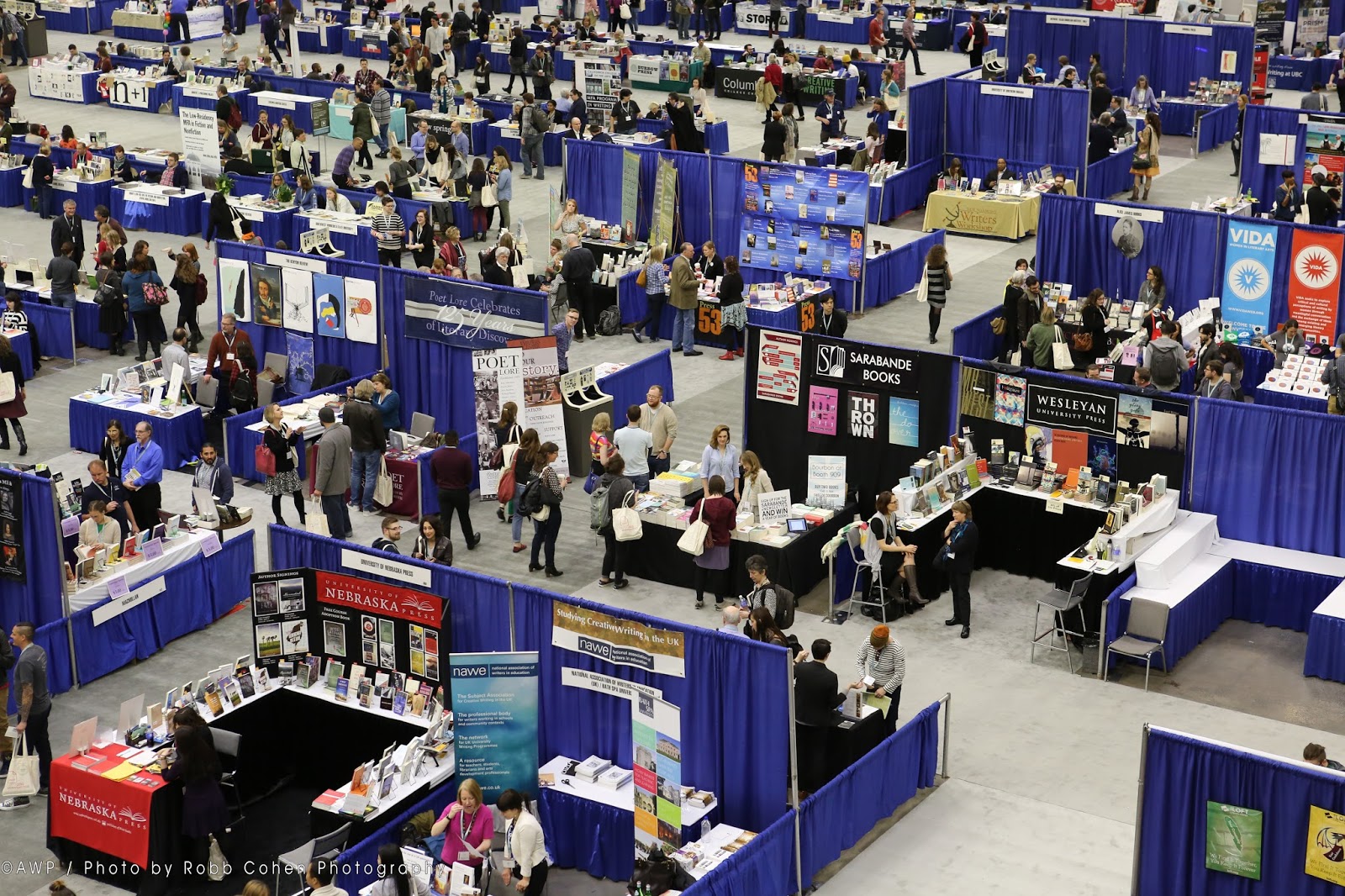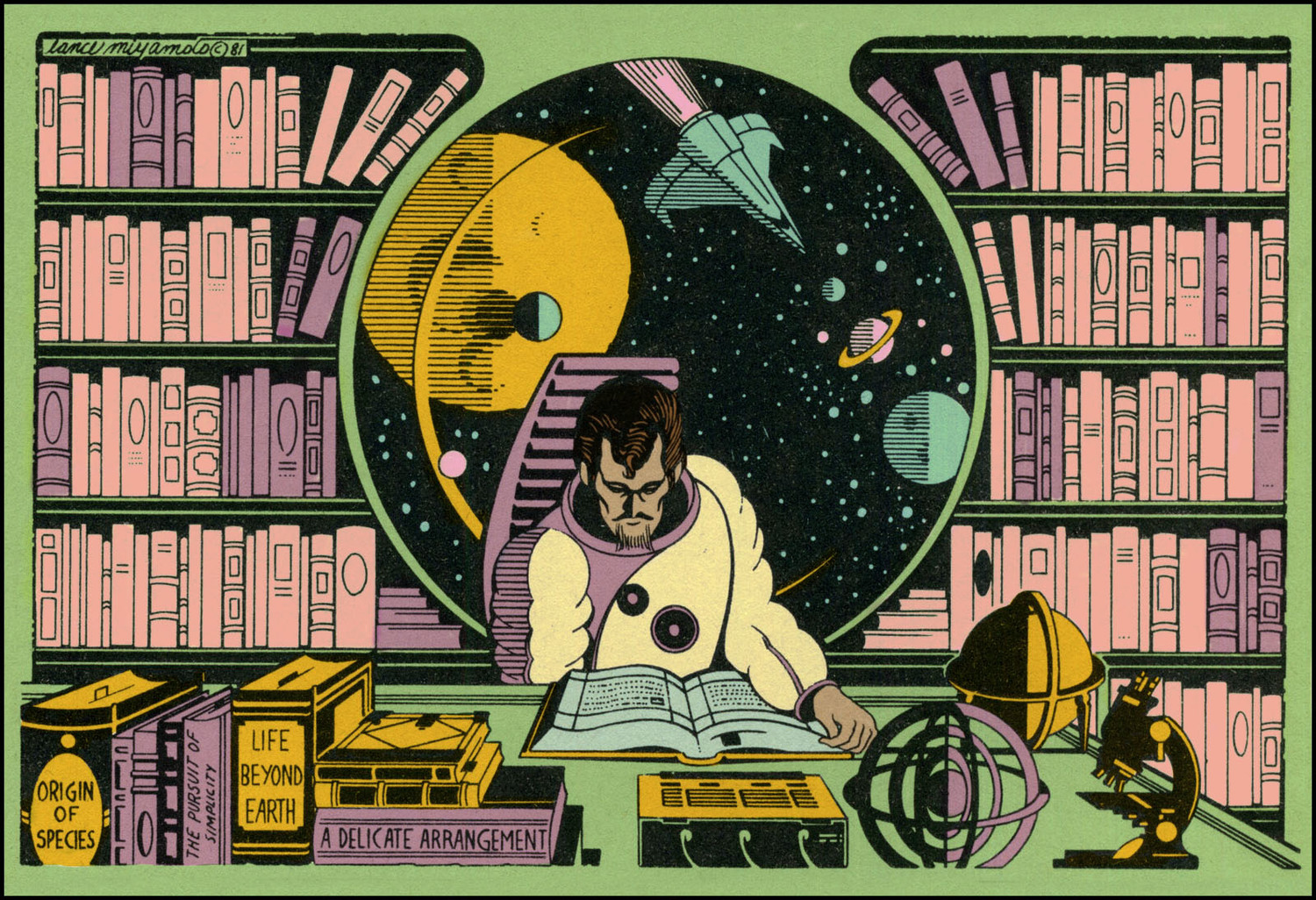[Last Updated Nov 19, 2020]
INTRODUCTION
Back in 2017, I conducted a survey of all the graduate creative writing programs in the United States with the goal of identifying which programs had permanent full-time faculty of color teaching creative writing. That series of posts sparked a much larger discussion about faculty recruiting and hiring practices, as well as the impact on student experiences in programs where there was only one or two faculty of color, or in other cases, none at all. Having a diverse faculty that more accurately reflects the demographics of the student body and the country ensures that all students feel welcome and creates a space where we all can learn from each other. It also helps institutions redress historical inequities, provides writers of color an opportunity to help shape creative writing programs and pedagogy, and gives students a better chance of finding a mentor they can connect with. Having a faculty body that is diverse in ethnicity, culture, gender, age, and experience helps students gain a more expansive view of the possibilities of writing, the existence of many different types of readers, writers, and critics, and the ways in which outdated ideas what constitutes literature and canon can be challenged and interrogated.
Over the past few years, I’ve heard from many writers and faculty of the ways that this list continues to help them locate programs and mentors, as well as motivate administrators to do more than give lip service to hiring faculty of color. From time to time, universities contact us to let us know when they’ve hired someone new who happens to be a writer of color. I hope it continues to be a positive force and a good resource for would-be applicants, as well as writers seeking teaching appointments.
Since moving back to Canada in 2019, I’ve been curious as to how things looked in my own country, and so decided to repeat this study, but this time focusing on Canadian universities that offer MFAs in Creative Writing as well as MA or Ph.D. English degrees with Creative Writing thesis options.
CANADA vs USA: SOME NOTICEABLE DIFFERENCES
Fewer Universities. Due to its much smaller population, Canada is home to a much smaller number of universities. This made the study easier to conduct (I spent most of a day doing the research, instead of several weeks). There were 4,298 degree-granting postsecondary institutions in the U.S. as of the 2017-2018 school year, according to the National Center for Education Statistics. Of which, only 1,700 offer graduate degrees. In comparison, there are only 96 universities in Canada.
Fewer Creative Writing Programs. Not surprisingly, with fewer universities comes a smaller number of programs offering graduate creative writing degrees. All told, there are only 5 MFA Creative Writing programs in Canada. There are 11 MA English Literature programs that allow for a Creative Writing focus/thesis. And there are 2 Ph.D. English programs that allow for a Creative Writing project. For many years there were only 2 MFA programs (UBC and University of New Brunswick) — this meant that for a while almost all Canadian writers who pursued an MFA were coming out of the same two programs (the cost of doing an American MFA was generally too prohibitive — either because the student would get stuck paying for international or out-of-state student fees, or if they did get funding, it wouldn’t cover summers and leave the student with few options to support themselves while on an international student visa.)
Funding & Cost of the Degree. On average, graduate school costs Canadian students $7,056 a year, but most if not all of this tends to be covered by the provincial government. In the US, if your school doesn’t provide a tuition waiver, you can expect to pay around $30,000 to $40,000 a year for an MFA. Fortunately, many top programs do provide waivers while other programs have scholarships and fellowships available - but it can still add up.
METHODOLOGY
For the sake of this project, I've included not just MFA programs, but also MA and Ph.D programs where there is a creative writing option. In Canada, the pure MFA is a rarity, MA and Ph.D programs are much more common.
Degree Programs: I visited every university’s website and examined their graduate degree offerings for creative writing students. I only included schools and programs that offered a full degree (MA, MFA, or Ph.D) and excluded certificates and continuing education programs.
Genres: I looked for all faculty who listed “Creative Writing” or a particular genre as part of their teaching or research areas. I primarily focused on poetry, fiction, and creative non-fiction, but have also included drama/plays, screenwriting, and graphic novels. Genre fiction and YA writing have also been folded into fiction (no need to split hairs). I made notes (for myself) if there were faculty of color in the department who had creative writing backgrounds, but weren’t currently teaching creative writing.
Permanent Tenure-Track Faculty: For the purposes of this study, I am only tracking permanent full-time tenure-track faculty. Why? Because the strength of the program lies in its ability to hire and retain faculty of color. More than that, the program needs to be able to promote those faculty and give them opportunities to lead, chair, and otherwise direct the path of the program. Adjunct and visiting faculty simply do not have the clout necessary to effect lasting change in the program’s culture — and are often not given adequate resources to do what they’ve been hired to do. On my spreadsheet I record for each program, every TT faculty member (POC and white) that has creative writing teaching duties. I decided that this would help me understand the makeup and size of each program’s faculty better.
Academic Rank: This time I am also tracking the current academic rank of each full-time tenure-track professor. Both POC and white. This will be helpful in identifying other patterns within the program and across all of the programs.
Race: I read every faculty bio and looked to see who identified themselves as a person of color (sometimes they’d mention explicitly their tribe or ethnicity, sometimes in the organizations or retreats they were a part of, sometimes it would be evident in the anthologies or prizes they’d won that they were identifying as POC). If it wasn’t clear, I would Google their name and study their website, any additional interviews they’d done, or articles that touched on their family background and the way they identified themselves and/or connected with representation, diversity, and race. If it still wasn’t clear and they remained racially ambiguous, I did not count them (because it was clear they did not commonly identify themselves in this way). I included all the white faculty members in a separate section, so that I could see the ratios better.
Gender: One gap in my previous study that I wanted to address in this study was the role that gender might be playing. I decided this time to track how many faculty were male, female, or non-binary. To do this, I opted for the simple (if somewhat imperfect) method of looking at their preferred pronouns in their bios. I did this for both POC and white creative writing professors.
Orientation: I didn’t track sexual orientation in this study - largely because not every queer professor wishes to publicly advertise their queerness, and that decision might evolve over time. This study will get passed around and discussed, so I felt that this particular angle should wait for a different format. Perhaps a future study on race and queerness in the academy might be worth pursuing, but I think that it’d be better to conduct this as a survey where participants voluntarily fill out their information and experience. Or maybe more useful to invite a few queer faculty of color to write about their experiences in the academy with the option to remain anonymous.
GENERAL OBSERVATIONS
POC Representation - Of the 16 universities that offer graduate degrees with a creative writing component, 8 have no full-time tenure-track faculty of color at all. Another 4 universities have exactly 1 faculty of color teaching creative writing (effectively serving as the sole point of contact for students seeking assistance from a POC mentor or ally). There are 2 universities that have 2 faculty of color teaching creative writing (a slightly better situation, since the load can be shared and the pressure to be a race or “other” ambassador is lessened). Only 2 universities employ 3+ faculty of color (University of Calgary has 3 and the University of British Columbia has 4).
Average (mean) of 0.933 faculty of color per program.
Median of 0.5 faculty of color per program. This is fueled by the fact that 8 out of 15 programs have no faculty of color.
Representation per program. Another look at representation, comparing how individual programs compare to the whole.
50% have 0 faculty of color
50% have at least 1 faculty of color
25% have at least 2 faculty of color
12.5% have more than 2 faculty of color
Overall representation of 19.74%. Out of the 76 full-time tenure-track creative writing faculty employed at these 16 institutions, only 15 are faculty of color. According to Statistics Canada, in 2016, there were 7,674,580 people of color living in Canada, or 22.3% of the total population. Collectively, creative writing graduate faculty are reflecting back that diversity seen in the general population - however, when we look at how individual universities are doing, it’s a lot less rosy (the 8 universities with no faculty of color are especially worrisome). Ideally (if we were to try to reflect the population in our faculties), there would be at least 1 faculty of color in each program (assuming programs have around 5 faculty members). For larger programs, 2 faculty of color should be the norm. Obviously, universities want to hire qualified and talented writers to join their ranks and not just someone who fits into a particular category, but there are plenty of writers of color (both in Canada and the US) who can meet that need. The US continues to graduate far more writers with MFAs and PhDs than they have teaching positions to fill.
Gender Representation- We can observe the following from digging into the statistics.
Overall gender parity for male and female-identifying creative writing faculty (both white and POC).
Faculty who use he/him: 37
Faculty who use she/her: 38
Faculty who use they/them: 1
Gender parity for male and female-identifying POC faculty, but no representation for non-binary POC. Of the 14 faculty of color teaching in graduate creative writing programs:
POC Faculty who use he/him: 8
POC Faculty who use she/her: 7
POC Faculty who use them/them: 0
Academic Rank (Considering Race and Gender). Here we find some other interesting and problematic trends which suggest that advancement skews heavily to promoting male faculty over female faculty of over.
Full Professors who are POC: 4 male (he/him) faculty are full rank Professors, but only 2 female (she/her) faculty.
Associate Professors who are POC: 2 male (he/him) faculty are Associate Professors, but only 1 female (she/her).
Assistant Professors who are POC: 2 male (he/him) faculty are Assistant Professors, but 4 female(she/her).
Outliers and anomalies. A few programs tilt dramatically one way or the other.
University of Calgary: All 5 of the full-time tenure-track creative writing faculty are women, 3 of which are faculty of color.
University of Toronto: Of the 7 full-time creative writing faculty, 6 are men, 2 of whom are POC. There are no women faculty of color.
Lakehead University: Despite offering an MA English with creative writing option, there are no creative writing faculty in the department.
University of Guelph: All 3 of the full-time creative writing faculty are women, 1 of whom is POC. The program also employs a significant number of adjunct faculty who are writers of color.
University of Windsor: None of the 3 full-time creative writing faculty are POC, but they do have 2 faculty of color on the critical side who have creative writing backgrounds (degrees and/or publications) and are not currently assigned to teach creative writing.
University of Saskatchewan: Has two full-time creative writing faculty (both women), neither of which is POC. They do, however, support their program by offering 6-month mentorships with established writers from outside of the university. This has the potential of providing students with better access to POC mentors (although the list of past mentors doesn’t reflect that this has happened very often).
Mentor Deserts. There are a few places where it is very different to find a graduate creative writing program with POC faculty, but in many cases this has more to do with the size of the local population or the remoteness of the location.
Have graduate creative writing programs but do not have any faculty of color:
New Brunswick
Newfoundland
Quebec
Saskatchewan
Do not have graduate creative writing programs at all. (However, most have creative writing classes available at an undergraduate level)
Nova Scotia
Prince Edward Island
Northwest Territory
Nunavut
Yukon Territory
Ease of Access / Website Usability. For the most part, university websites and departmental sites were easy to access and navigate. In some cases, it wasn’t easy and I had to resort to using the Search box on the main page to track down information about the creative writing program. Some faculty profiles lacked photos. A few showed signs of neglect (information referred to “upcoming” events in 2017). On the whole, I feel that web design and user experience has improved since 2017 when I conducted my last survey.
DISCLAIMER
I have done my best to be thorough, but it's likely that I've missed a few people here and there, perhaps even entire programs (especially if they’re brand new). I apologize in advance and hope you'll let me know who I'm missing. In choosing to focus on full-time faculty, I am omitting some programs that rely heavily on adjunct and part-time faculty of color to fill their gaps. I'm also passing over a number of strong creative writing undergraduate programs -- regrettably beyond the scope of this current set of posts. Please feel free to correct me or offer additional suggestions.
I also recognize that change takes time. The objective of this study isn’t to condemn, but rather to point to the places where we have need of improvement — where we can do better. Part of doing better is having honest conversations about the current state of the academy — being equipped with an actual map of the world and raw numbers to back up some underlying sense of imbalance makes it easier to have those conversations in a meaningful way.
[UPDATED Nov 19, 2020 - Added UBC Okanagan’s MFA program, updated statistics.]
BRITISH COLUMBIA
University of British Columbia (MFA)
Billy-Ray Belcourt (Poetry, Fiction, CNF)
Nancy Lee (Poetry, Fiction)
Bronwen Tate (Poetry, CNF)
Ian Williams (Poetry, Fiction)
University of British Columbia - Okanagan (MFA)
Kevin Chong (Fiction, CNF)
University of Northern British Columbia (MA - Creative Thesis)
None
University of Victoria (MFA)
Shane Book (Poetry, Fiction, CNF)
Danielle Geller (Fiction, CNF)
ALBERTA
University of Calgary (MA, PhD - Creative Thesis)
Larissa Lai (Poetry, Fiction)
Suzette Mayr (Fiction)
Rain Prud’homme-Cranford [Rain C. Gomez] (Poetry)
SASKATCHEWAN
University of Regina (MA - Creative Thesis)
None
University of Saskatchewan (MFA)
None
MANITOBA
University of Manitoba (MA - Creative Thesis)
Warren Cariou (Fiction, CNF)
ONTARIO
Lakehead University (MA - Creative Thesis)
None
Queen's University (MA - Creative Thesis)
Armand Garnet Ruffo (Poetry)
University of Guelph (MFA)
Dionne Brand (Poetry, Fiction)
University of Toronto (MA - Creative Thesis)
Randy Boyagoda (Fiction)
George Elliott Clarke (Fiction)
University of Windsor (MA - Creative Thesis)
None
QUEBEC
Concordia University (MA - Creative Thesis)
None
NEW BRUNSWICK
University of New Brunswick (MA, PhD - Creative Thesis)
None
NEWFOUNDLAND
Memorial University (MA - Creative Thesis)
None
NOVA SCOTIA
PRINCE EDWARD ISLAND
NUNAVUT
NORTHWEST TERRITORY
YUKON TERRITORY
Neil Aitken is the author of two books of poetry, Babbage's Dream (Sundress 2017) and The Lost Country of Sight (Anhinga 2008), winner of the Philip Levine Prize. A former computer programmer and a Kundiman poetry alumnus, he holds an MFA in Creative Writing from UC Riverside and a Ph.D. in Literature & Creative Writing from USC. He is the founding editor of Boxcar Poetry Review, the administrator of Have Book Will Travel, and a board member of Poetry East West. (www.neil-aitken.com | neil.aitken@gmail.com | @neil_aitken)






